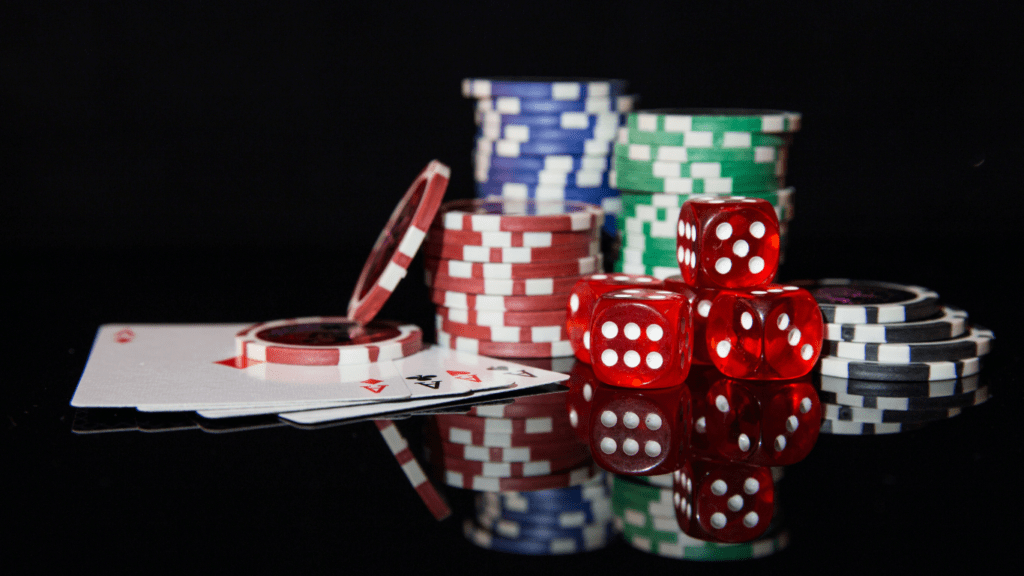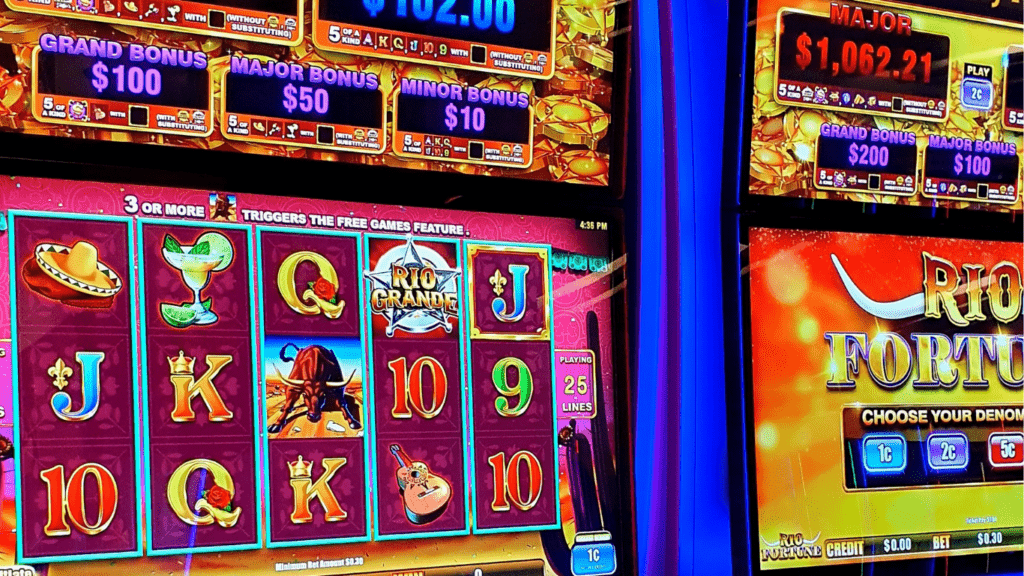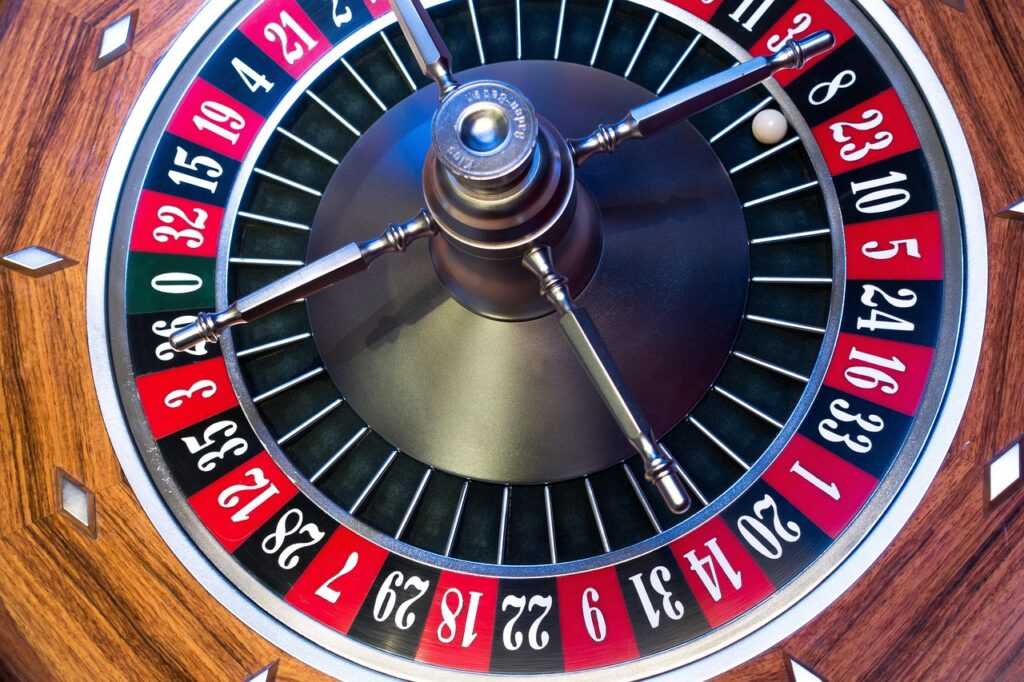The Allure of Casino Design
Casino design relies extensively on psychological principles to create an environment that captivates visitors. Every detail, from lighting to layout, plays a role in keeping players immersed.
Lighting and Ambiance
Lighting and ambiance in casinos are designed to enhance mood and minimize awareness of time. By using warm, inviting lights, casinos create a comforting atmosphere. Chandeliers, sconces, and indirect lighting make spaces feel luxurious and intimate, encouraging prolonged stays. Additionally, the absence of natural light and clocks keeps players focused on games rather than the passage of time.
Strategic Layouts
Strategic layouts guide players through the casino in a specific path that maximizes exposure to gaming opportunities. Casinos often use a labyrinthine design with strategically placed gaming tables and slot machines. This design increases the chances of spontaneous gambling decisions. Pathways lead players past high-interest areas and popular games, making it easier to stay engaged and spend more time inside.
Psychological Tricks Behind Casino Games
Casinos use various psychological tricks to keep you playing. These strategies influence your behavior subtly, encouraging prolonged engagement with games.
Slot Machine Mechanics
- Slot machines employ specific mechanics to captivate players.
- Sound effects and flashing lights create a sensory-rich environment, making wins feel more frequent and exciting.
- While the return-to-player (RTP) rate ensures the house always has an edge, the spinning reels and near-misses keep players hopeful.
- The psychological principle of “near miss” makes almost-winning feel rewarding, tricking players into believing a big win is imminent.
Reward Schedules
- Casinos use variable-ratio reward schedules in games to reinforce gambling behavior.
- Instead of receiving consistent rewards, players experience random payouts.
- This unpredictability creates a powerful reinforcement loop, as players continue playing in anticipation of the next win.
- Research by B.F. Skinner demonstrated that variable rewards are more compelling than predictable ones, keeping players engaged longer than they might otherwise be inclined.
The Role of Technology
Casinos employ advanced technology to deepen player engagement and extend their time on the floor. Every sound, light, and digital display serves a purpose, blending psychological insights with cutting-edge tech.
Use of Sound Effects
Sound effects in casinos aren’t random. Slot machines produce winning chimes and celebratory sounds even for small payouts, creating a perception of frequent wins. These auditory cues exploit the brain’s reward system, encouraging continued play. In digital games, background music shifts to maintain excitement, subtly influencing players’ moods and decision-making patterns.
Visual Stimuli
Visual stimuli in casinos strategically captivate and retain attention. Flashing lights and colorful graphics make slot machines appear more enticing. High-definition screens display animations and videos that entice players with potential rewards. Casinos also use large digital signage to promote jackpots and bonuses, creating an environment where every visual element nudges players towards more gaming. Advanced LED lighting systems adjust colors and intensities to maintain an inviting and energetic atmosphere across the casino floor.
The Impact of Freebies and Rewards

Casinos use various incentives to ensure prolonged player engagement. Freebies, or “comps,” are among the most effective rewards in this strategy.
The Power of Comp Points
Comp points accumulate as players spend time and money on casino games. These points can be redeemed for a range of benefits. For example, a player may receive free meals, hotel stays, or even show tickets in exchange for accumulated points. This system makes players feel valued, encouraging them to continue playing and accumulating more points. By consistently offering tangible rewards in exchange for virtual points, casinos maintain a cycle of continuous play.
Comping Strategies
Different comping strategies cater to various player levels. High rollers often receive luxurious perks, such as private jet services or high-end suites. Casual players might get buffet vouchers or free spins. These personalized rewards ensure that all players feel adequately appreciated. Additionally, the anticipation of earning more rewards can motivate players to gamble more frequently. By targeting rewards based on player spending habits, casinos effectively keep their clientele engaged and loyal.
Behavioral Economics in Action
Casinos use behavioral economics to influence player decisions and enhance gambling engagement. They apply key psychological principles to create an environment where players feel compelled to continue betting. This section examines some of the primary methods casinos use to keep players engaged through behavioral economics.
Understanding Gambler’s Fallacy
Gambler’s Fallacy is a common cognitive bias affecting many gamblers. It’s the mistaken belief that past events influence future outcomes in games of chance. For example, if a roulette wheel lands on black several times in a row, a player might incorrectly assume that red is “due” to come up next. This fallacy encourages players to keep betting, thinking they can predict the outcome based on previous results, despite each spin being independent.
Casinos leverage this fallacy by creating environments that subtly reinforce the illusion of patterns. Displaying past results on digital boards is one way to suggest trends where none exist, compelling players to keep wagering in hopes of hitting a predicted outcome.
The House Edge
The House Edge ensures casinos maintain a mathematical advantage over players. It represents the average gross profit the casino expects to make from each game. For example, a 5% house edge means that, on average, the casino will win 5% of all wagers placed on that game over the long term. Players might win in the short term, but the edge guarantees the casino profits eventually.
Casinos use this concept to structure games so that players have a chance of winning but are more likely to lose over time. Slot machines, blackjack, and roulette all incorporate house edges tailored to maximize casino revenue. For instance, slot machines often have a house edge between 5% and 15%, keeping players hopeful for a big win while ensuring consistent profits for the casino.



 Alanns Ritcheyers – Author
Alanns Ritcheyers is a skilled author at Smart Gamble Land, known for his expertise in winning techniques and the art of gambling strategy. With a keen focus on teaching advanced betting systems, Alanns' content is tailored to players eager to refine their approach to gambling. His methodical breakdowns of complex systems are designed to make challenging concepts accessible to a wide audience. Alanns is dedicated to helping players maximize their potential at the casino by blending strategy with practical tips for real-world application.
Alanns Ritcheyers – Author
Alanns Ritcheyers is a skilled author at Smart Gamble Land, known for his expertise in winning techniques and the art of gambling strategy. With a keen focus on teaching advanced betting systems, Alanns' content is tailored to players eager to refine their approach to gambling. His methodical breakdowns of complex systems are designed to make challenging concepts accessible to a wide audience. Alanns is dedicated to helping players maximize their potential at the casino by blending strategy with practical tips for real-world application.
